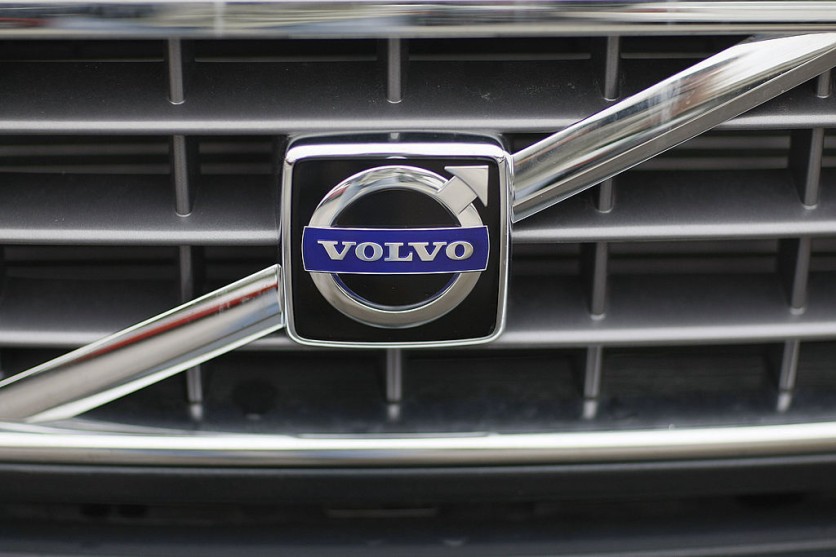In a significant move towards all-electric vehicles, Volvo has announced the end of its diesel-powered car production by early 2024, positioning itself as one of the pioneers among traditional automakers to take such a step.
This decision aligns with Volvo's overarching goal to exclusively offer fully electric cars by 2030 and to attain climate neutrality by 2040, underpinning one of the most ambitious transformation plans within the legacy car manufacturing sector.

Volvo: Superiority of Electric Powertrains
Jim Rowan, Chief Executive at Volvo Cars, emphasized the superiority of electric powertrains over combustion engines. He highlighted the vehicles' capacity to generate less noise, lower vibrations, reduced servicing costs, and zero tailpipe emissions, marking a pivotal stride in the battle against climate change.
"Electric powertrains are our future, and superior to combustion engines: they generate less noise, less vibration, less servicing costs for our customers and zero tailpipe emissions," Rowan said in a press statement.
"We're fully focused on creating a broad portfolio of premium, fully electric cars that deliver on everything our customers expect from a Volvo - and are a key part of our response to climate change," he added.
This shift is fortified by Volvo's earlier resolution to discontinue the development of new combustion engines. In November 2022, the company divested its stake in Aurobay, the joint venture entity encompassing its remaining combustion engine assets.
Since then, Volvo said that it has allocated no R&D resources towards the advancement of internal combustion engines. Rowan asserted the need for resolute leadership in the face of the pressing climate crisis, urging both industry and political leaders to adopt impactful policies and actions.
He called upon global peers and political figures to join Volvo in this endeavor to combat climate change. Further solidifying this commitment, Volvo's chief sustainability officer, Anders Kärrberg, is slated to participate in an event organized by the Accelerating to Zero (A2Z) Coalition during this year's Climate Week NYC.
This coalition, founded at the COP27 climate summit, provides a collaborative platform for signatories of the Glasgow Declaration on Zero Emission Vehicles, a pact that Volvo is part of.
Read Also : SolarEV City: Researchers Suggests Combining Solar Power With EVs in Lighting Up Cities Like Paris
The A2Z Platform
The A2Z platform serves as a nexus for joint endeavors towards the coalition's shared objective of achieving 100 percent of global new car and van sales free of tailpipe emissions by 2040 and no later than 2035 in leading markets.
Volvo's electrification target surpasses this benchmark, underscoring its aspiration to galvanize other companies to take bolder steps against climate change.
"What the world needs now, at this critical time for our planet and humanity, is leadership... It is high time for industry and political leaders to be strong and decisive, and deliver meaningful policies and actions to fight climate change," said Rowan.
"We're committed to doing our part and encourage our peers as well as political leaders around the globe to do theirs," he added.
Related Article : Toyota Set to Begin Production of Next-Generation BEVs in 2026, Prioritizing Affordability and Performance

ⓒ 2025 TECHTIMES.com All rights reserved. Do not reproduce without permission.




